Originating from 18th century Lucknow, the embroidery style of chikankari has earned a place in Indian women’s summer wardrobe for its comfort and beautiful intricacy. Once worn by the nobles and aristocrats, chikankari has withstood the test of times, trends and styles. It has certainly come a long way from a delicate white-on-white embroidery on muslin and cotton fabrics — colourful and silk threads are now used on pastels and brighter shades of chiffons, georgettes, silks, and a variety of fabrics to keep up with the latest trends.
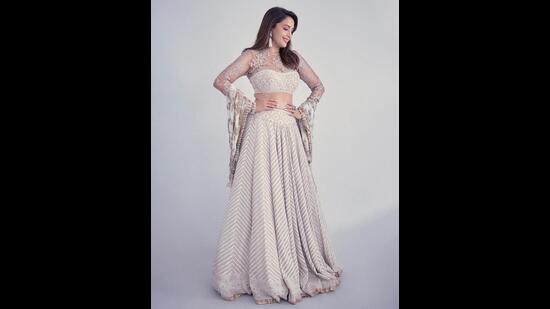
For fashion designer Tarun Tahiliani, chikankari stood out as the only hand embroidery style that blended in with the textile. Tahiliani recalls, “After my visit to Lucknow in 1999, where I met the Imambara and saw chikankari, I decided I wanted to do this. It is the only Indian embroidery that completely blends in with the textile and doesn’t lose its drape in the process.”
Known for its traditional floral embroidery, chikankari has turned into a versatile pick for everyday outfits, office wear and festive wear during summers. It has also found its way into high-end fashion, with at least one handcrafted chikankari outfit now considered a must-have in a bridal trousseau, courtesy of Indian designers who revived the craft.
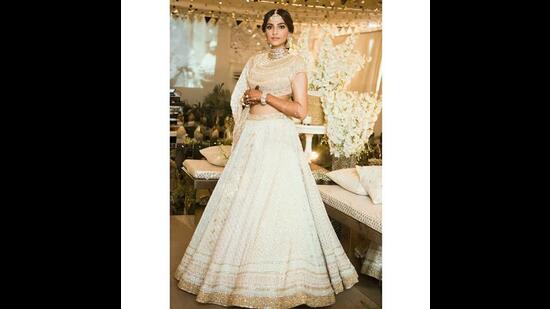
“Like all classic heritage embroidery, chikankari is a weave design worn by people of all ages. It was relevant and continues to be relevant today as well due to its timeless nature,” explains fashion designer Sheetal Batra.
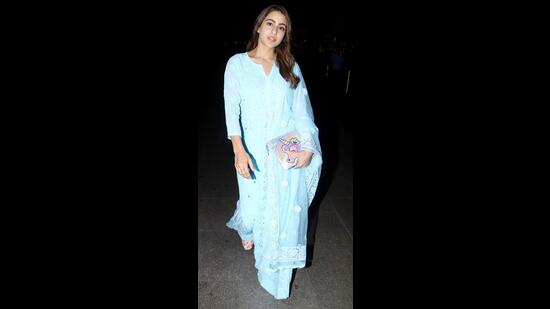
Bollywood celebrities have always loved chikan — be it actor Sara Ali Khan in her flowy chikankari sets for her airport looks or actors Deepika Padukone, Priyanka Chopra Jonas and Sonam Kapoor Ahuja choosing it for their bridal trousseau.
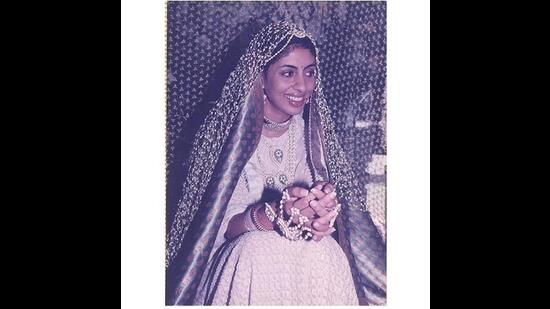
Designer duo Abu Jani and Sandeep Khosla, who have been making a case for chikankari since the early ’90s, share, “Chikankari holds a special place in our heart and work. Abu and I have crazy love for the white-on-white embroidery. Fortunately, an impulsive visit to Lucknow in 1992 turned into our artistic raison d’être. Our first chikan bride, Shweta Bachchan Nanda wore a spectacular chikankari ghagra for her mehendi, which was revolutionary then and set the trend for the white bride.”
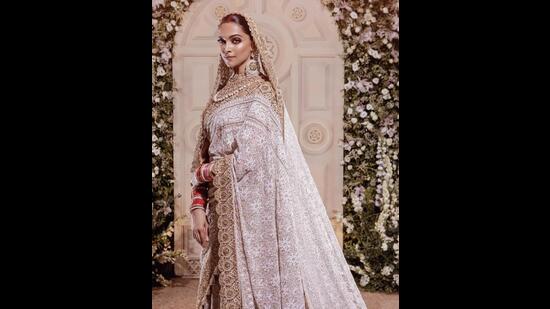
After falling in love with the craft, the duo spent over two years researching and training artisans before launching their first collection in 1994. “Chikankari’s process is long and painstaking. A saree can take six months or more with numerous skilled artisans, and a bridal lehenga can take up to a year to complete,” they say.
While every art form evolves and resurfaces in new forms, it is not without flaws. And chikankari is no exception. Fashion designer Anjul Bhandari, known for her couture chikankari label, says, “Chikankari has evolved tremendously over the years. But the downside to it is that there has been a loss of stitches to make it easier, faster and more affordable. For example, something that was done in ek taar or do taar is now being done on chaar taar only to speed up the process, compromising the craft’s authenticity.”
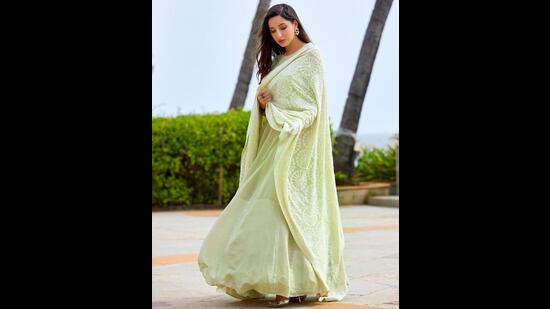
Styling tips:
1. Silver jewellery will complement any chikankari style. 2. A short dhoti kurta set in chikankari can be worn with juttis. 3. Sarees and the trending A-line suits with dogri salwars are good chikankari investments. 4. Chikankari lehengas are well-suited for summer weddings for the bridesmaids as well as the brides. So, no need to think twice before investing in one.
With inputs from fashion designer Sheetal Batra
Stay connected with us on social media platform for instant update click here to join our Twitter, & Facebook
We are now on Telegram. Click here to join our channel (@TechiUpdate) and stay updated with the latest Technology headlines.
For all the latest Entertainment News Click Here
For the latest news and updates, follow us on Google News.
